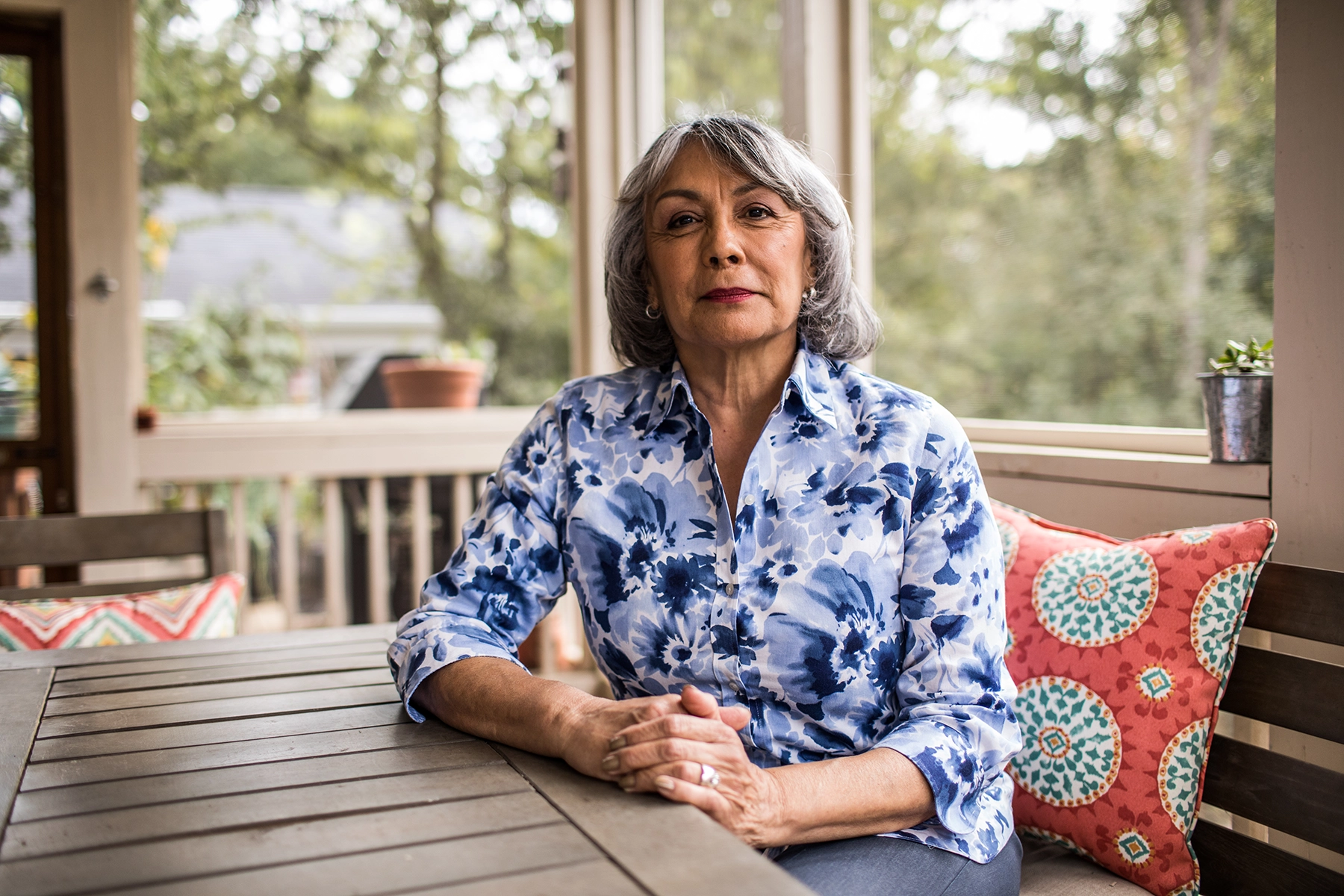IBD Cases are Going Up in Older Adults

More than 3 million people in the U.S. suffer from inflammatory bowel disease (IBD), which are chronic conditions that include ulcerative colitis and Crohn’s disease.
Most of these cases tend to be found in young adults. However, gastroenterologists say a second spike in IBD diagnoses occurs in older adults, and the number of cases among older people is projected to grow in the coming years.
In fact, 10 to 15% of new diagnoses are in people aged 60 and older, according to findings of a 2021 NIH study.
That prevalence has been steadily rising for the past 20 years. The report (which examined annual medical data of more than 23 million people aged 67 and older from 2001 to 2018) predicts that by 2030, about 30% of all IBD patients will be elderly, up from the current 25%.
This does not surprise Siobhan Proksell, M.D., a gastroenterologist at the University of Miami Health System who specializes in Crohn’s and ulcerative colitis. Because of South Florida’s demographics, she and colleagues tend to see more seniors with IBD in their practice, including those who receive an initial diagnosis in their 70s.
“It’s not uncommon for us [to see elderly patients],” she says. “A substantial number of my patients are over 65.”
Cases of IBD have been inching up in the general population as well.
According to the 2021 study published in Morbidity and Mortality Weekly Report, Crohn’s cases increased by 3.4% every year, and ulcerative colitis increased by 2.8% during the study period. No one knows why, though speculation about the cause of the rise centers around both environmental factors and an increased awareness that may lead to more identification.
IBD is typically characterized by:
- diarrhea
- rectal bleeding
- abdominal pain
- fatigue
- loss of appetite
- weight loss
Though all IBD cases involve chronic inflammation of your digestive tissue, the severity of symptoms can run the gamut. Some cases are mild, and others can be severe enough to warrant surgery.
In Crohn’s disease, the inflammation occurs in your digestive tract, most commonly in the small intestine. But it can also affect the large intestine and upper GI tract. On the other hand, ulcerative colitis is characterized by inflammation and ulcers along the lining of the colon and rectum.
Symptoms can be different at different ages, Dr. Proksell says, but they are mainly influenced by the degree of inflammation.
“It’s not so much age as the severity and location of inflammation,” she explains.
Some older IBD patients were diagnosed earlier in life and have lived with the condition for decades. They have managed the disease, including the damage to the GI tract, the effects of surgery and the occasional flare-up.
Experts once thought the disease tapered off as a patient got older, but that doesn’t always happen.
For some, the symptoms can actually worsen.
“It’s really not predictable,” Dr. Proksell says.
For those diagnosed later in life, the disease may look different. Nonetheless, treatment is effective and helps patients “go on with normalcy in their lives,” she adds.
There are challenges to diagnosing and treating older IBD patients.
The disorders’ symptoms can be confused with other health issues that accompany old age. For example, occasional abdominal pain is not uncommon in older people. It can look like diverticulitis or other forms of colitis. In addition, IBD-related joint pain may be confused with arthritis.
Older people also tend to have more medical conditions and take more medications — and that needs to be taken into consideration by the doctor.
That said, Dr. Proksell believes IBD should be treated aggressively.
“There’s an abundance of data that shows you can use all medications safely, taking into account the patient’s medical profile,” she says.
Among potential treatments are short-term steroids and advanced steroid-sparing medicines that help control symptoms. Surgery can be effective for more severe cases, too. However, chronic use of steroids, particularly in older adults, can raise the risk of diabetes, infection, osteoporosis and hypertension. Newer medications — developed in the past two decades — are biologics, specialized drugs made from proteins, DNA, or other living tissue.
While there is no cure for IBD, there are lifestyle modifications a person can make to improve symptoms and avoid or manage flare-ups.
Dr. Proksell suggests:
- Stick to a healthy diet. Avoid highly processed foods. Drink plenty of liquids, but try to stick to water. Alcohol and beverages with caffeine can worsen diarrhea and/or stimulate your intestines.
- If flaring, consider a reduction in your intake of dairy foods. Also, try eating smaller meals throughout the day instead of three larger ones.
At UHealth, IBD patients can see a registered dietitian who helps draw up a diet plan to keep symptoms under control while maintaining weight.
- Stay up to date with your vaccines and your overall health. Some IBD treatments suppress a person’s immune system, so a patient has a higher chance of infections.
- Follow up on your health care provider’s recommendations to schedule regular colonoscopies, endoscopies, and bloodwork as appropriate.
- Stop smoking. Not only does smoking increase your risk of heart disease, it also makes Crohn’s worse.
- Exercise. Light to moderate movement can reduce stress, and research has shown that it might help with inflammation.
“Ultimately, the goal is to get our patients to a place where they feel back to normal,” says Dr. Proksell.

Ana Veciana-Suarez is a regular contributor to the University of Miami Health System. She is a renowned journalist and author who has worked at The Miami Herald, The Miami News, and The Palm Beach Post. Visit her website at anavecianasuarez.com or follow @AnaVeciana on Twitter.
Resources
Progression of Elderly-Onset Inflammatory Bowel Diseases: A Systematic Review and Meta-Analysis of Population-based Cohort Studies: NIH.gov
Tags: Crohn’s disease, Dr. Siobhan Proskell, gastroenterology, ulcerative colitis
